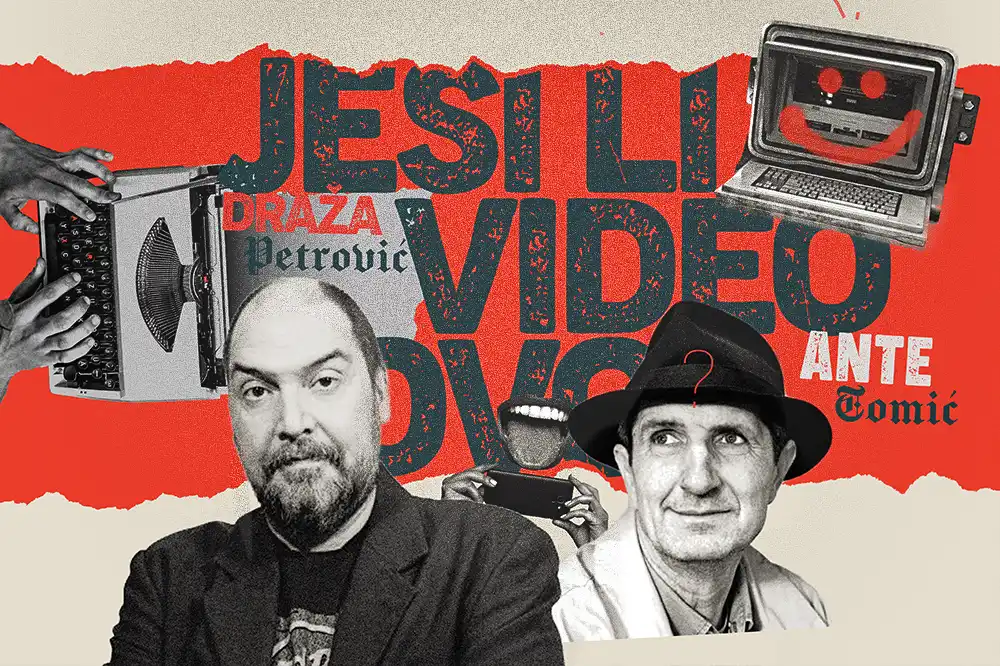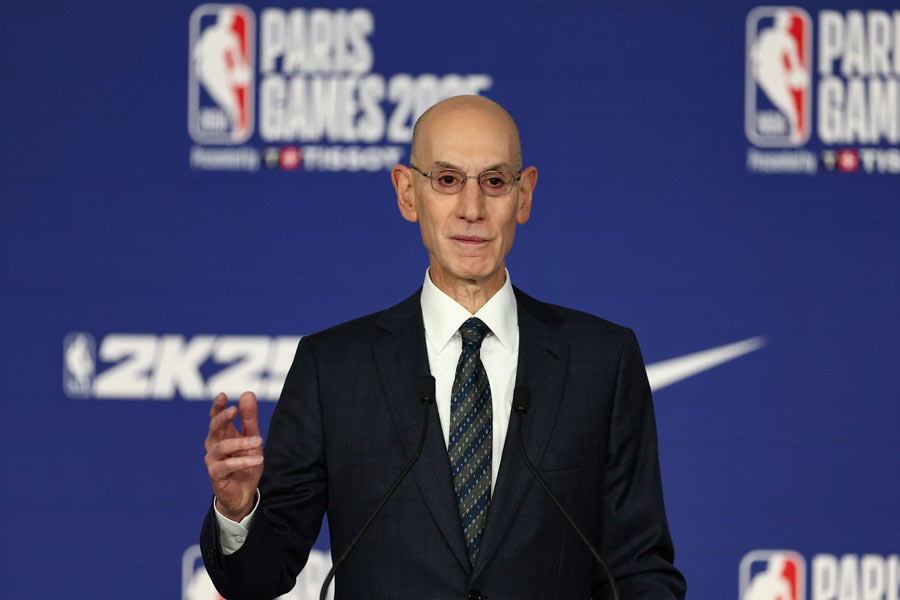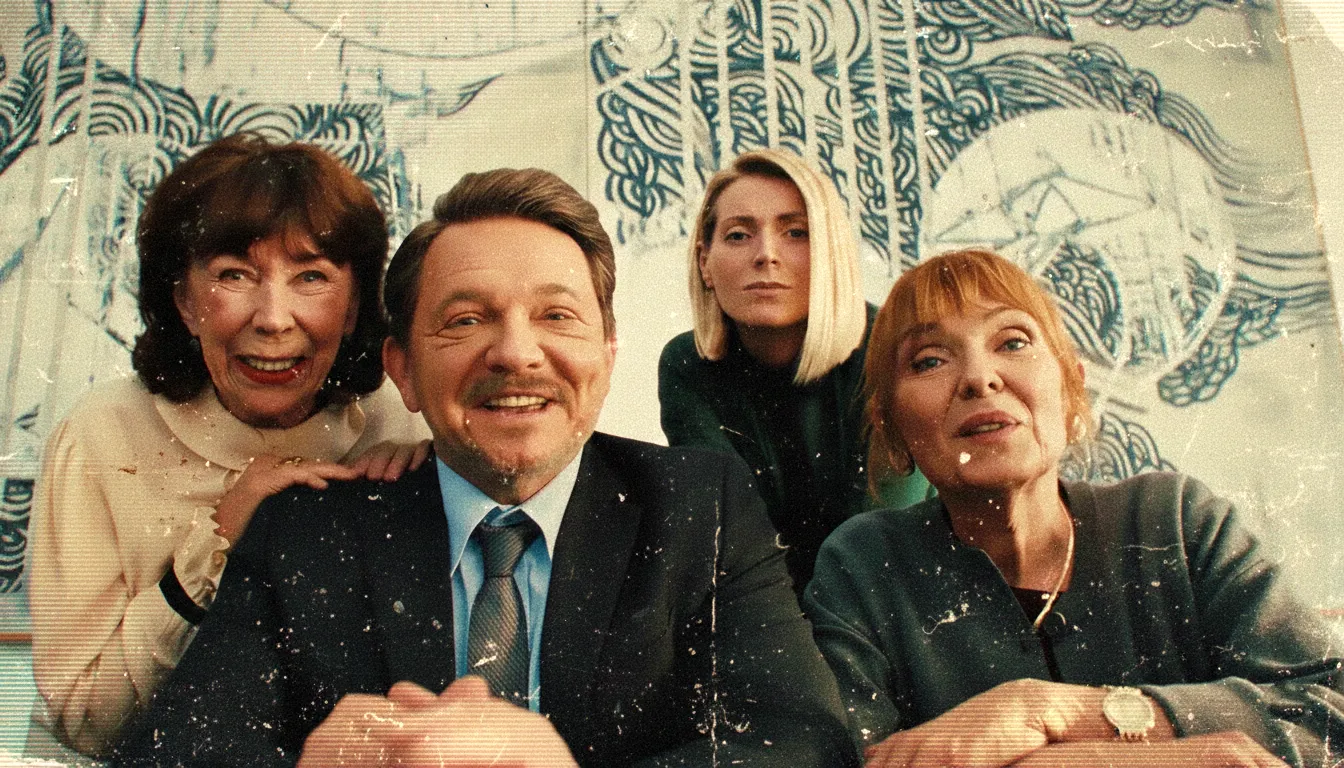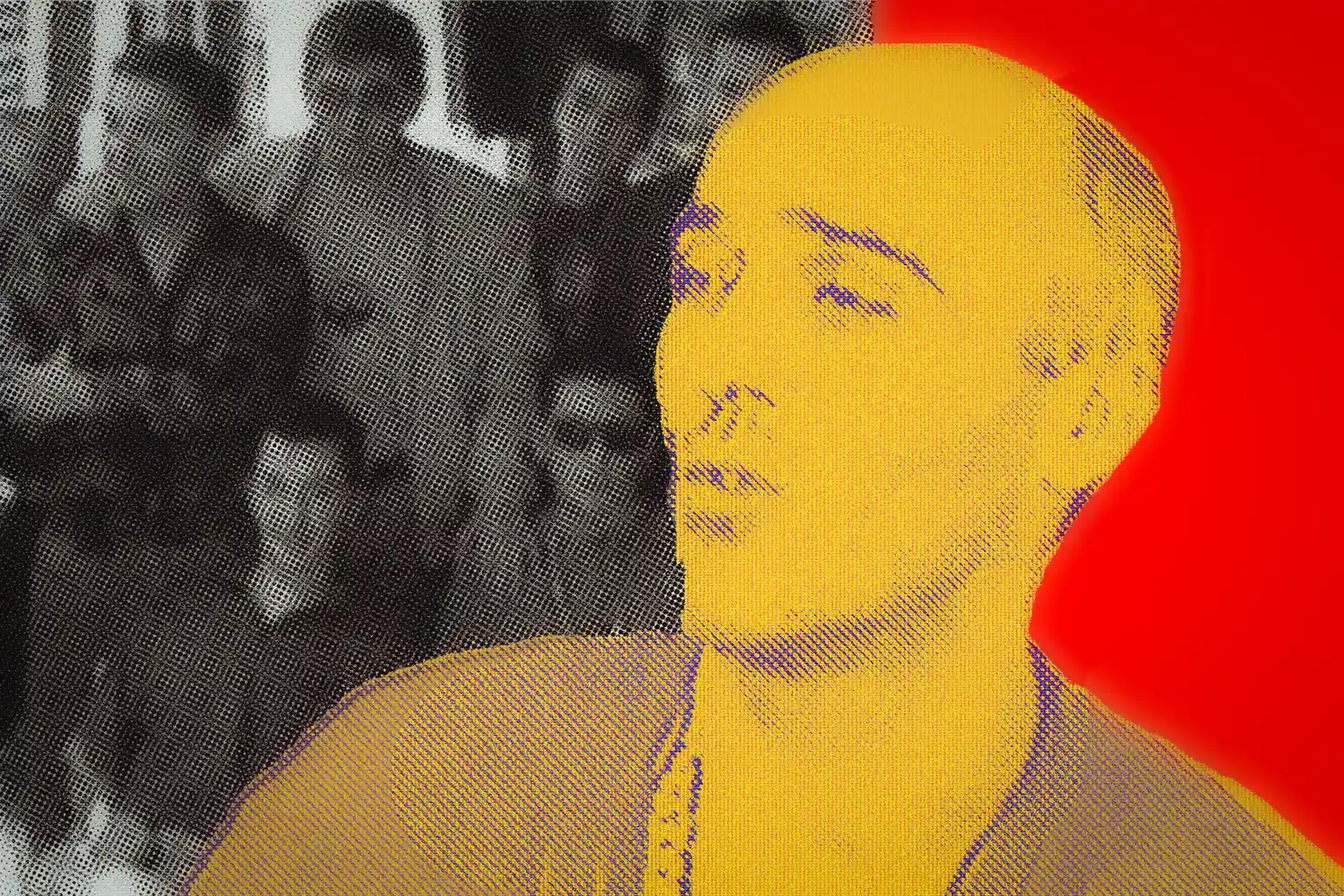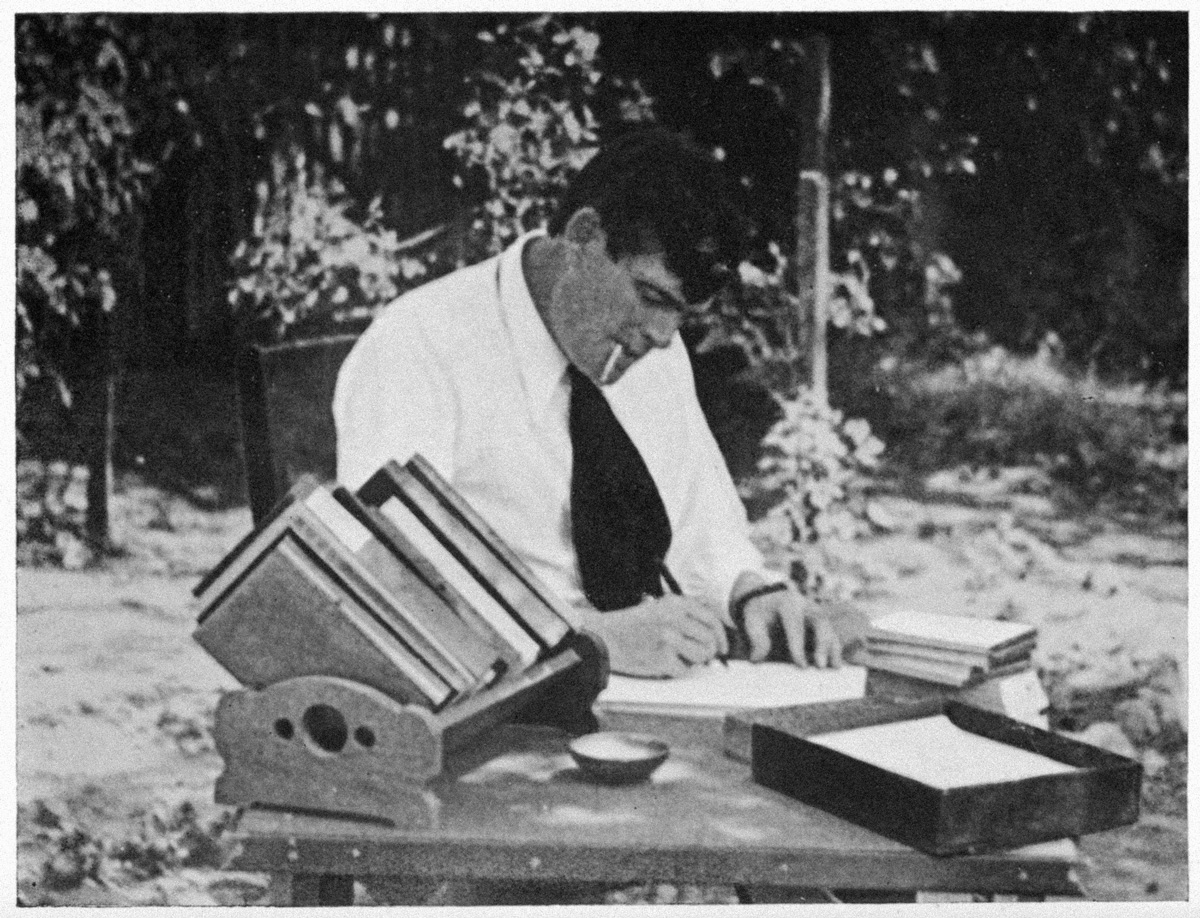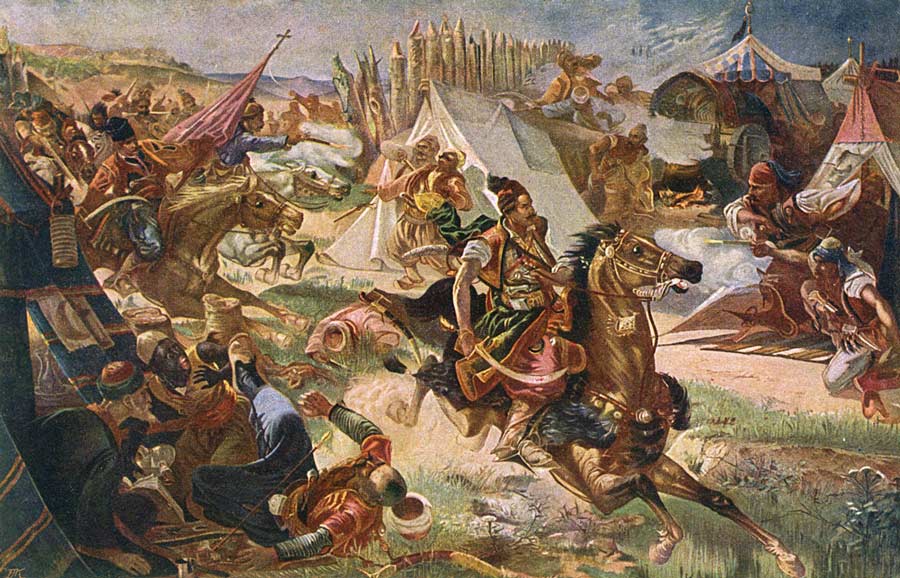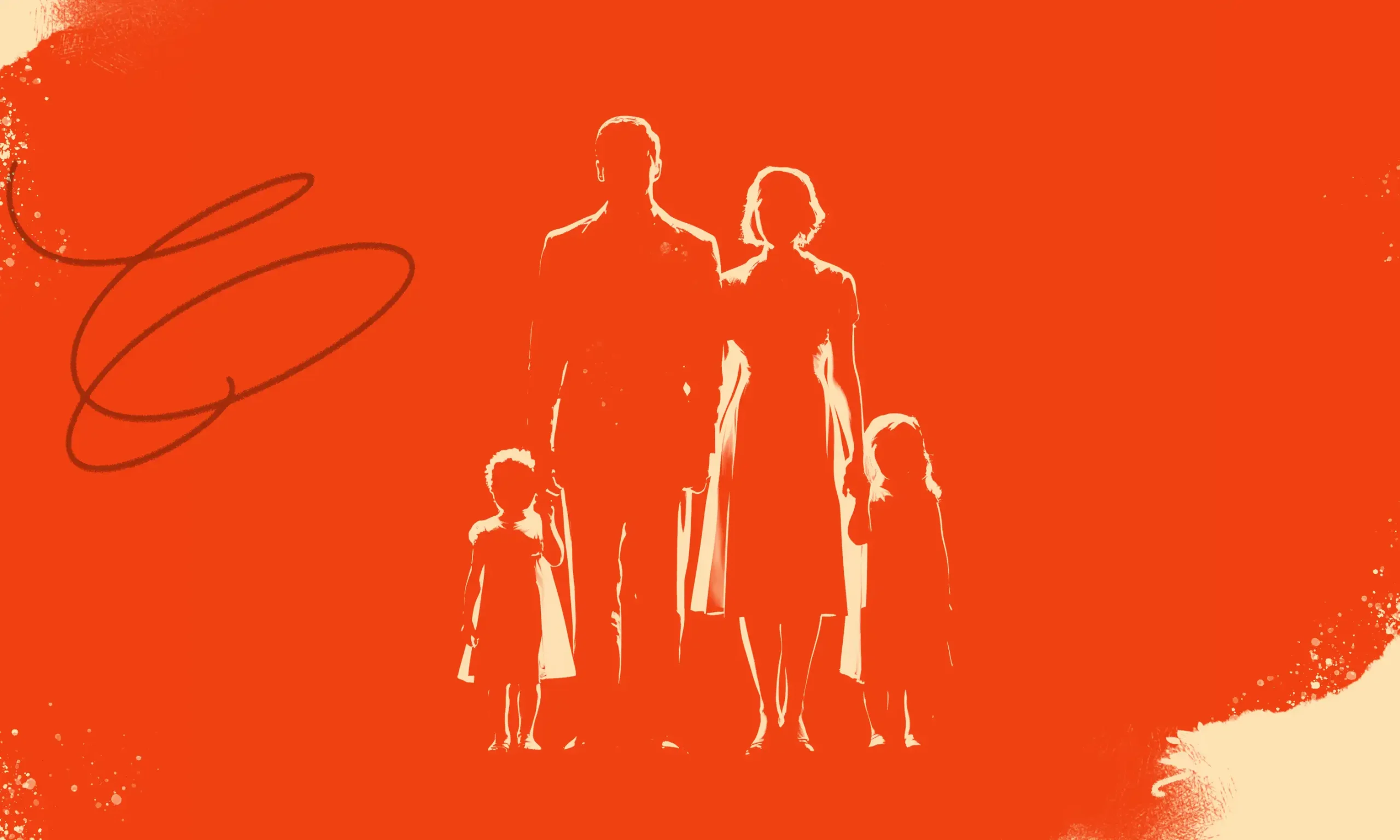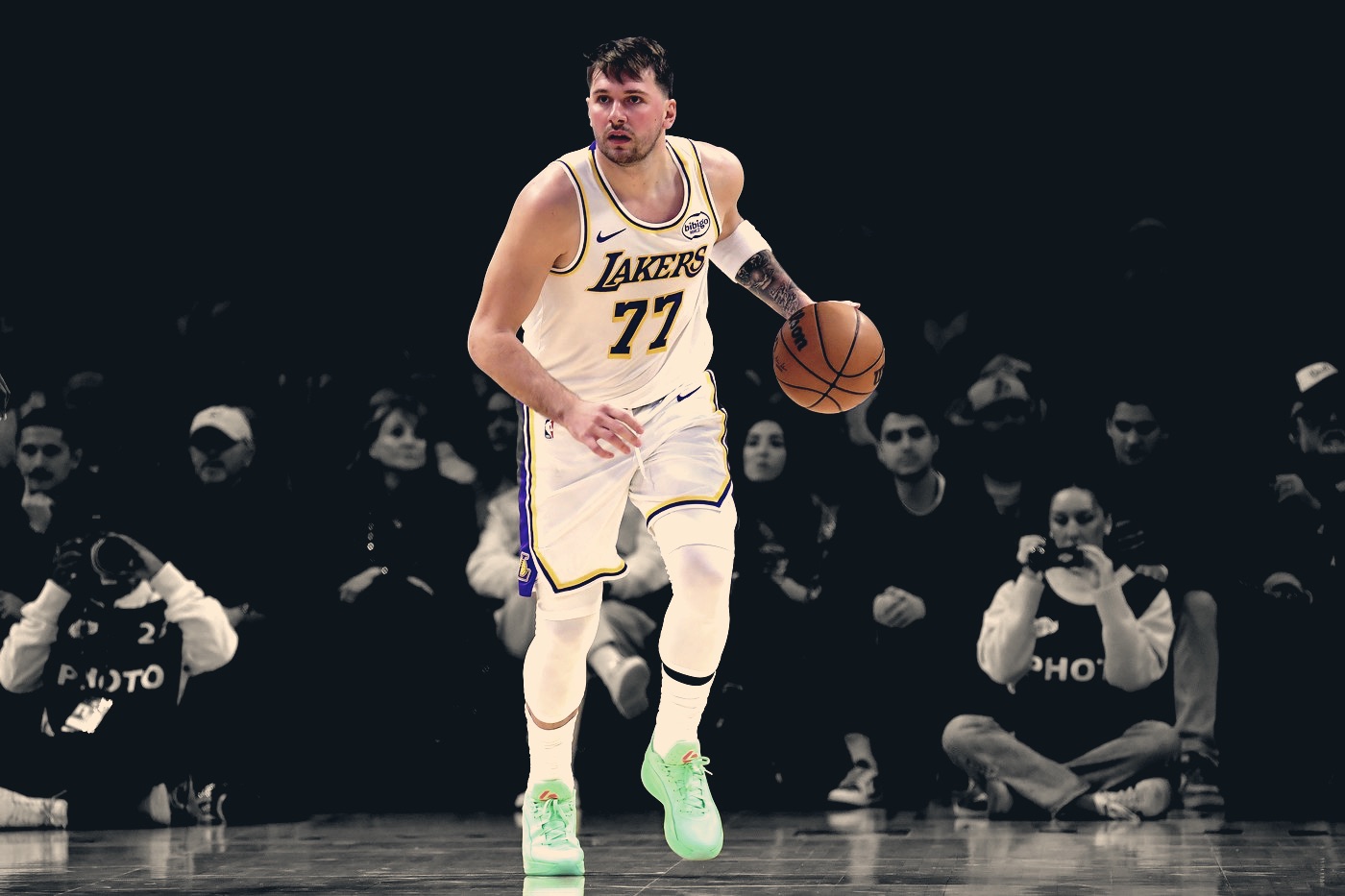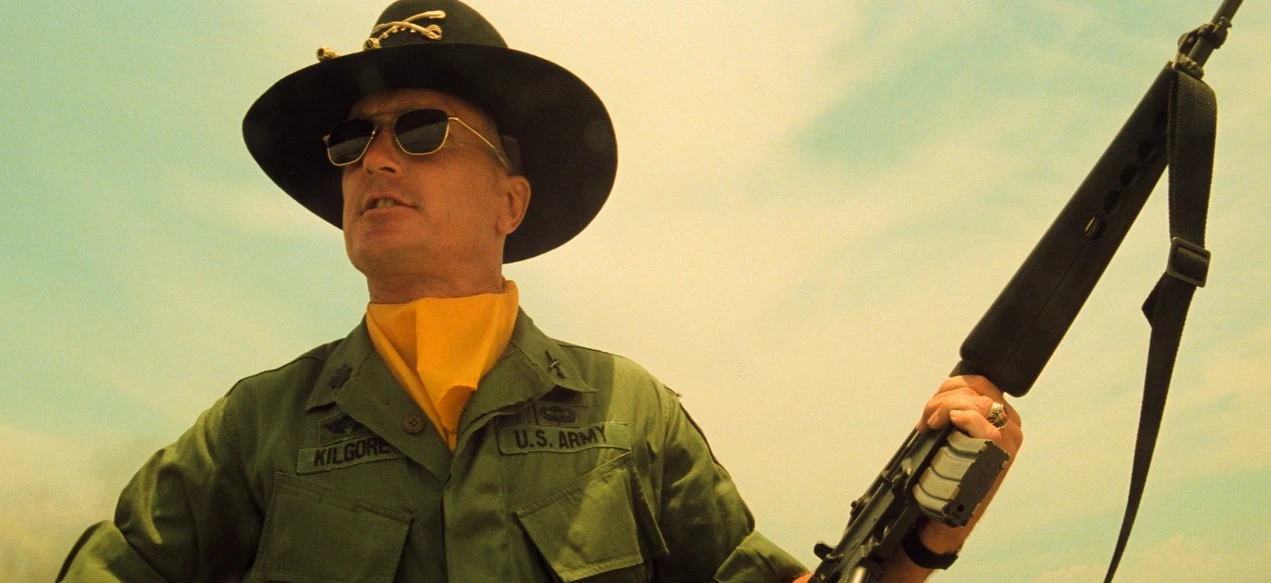This article was translated using a human-assisted ChatGPT process. We’re continuously improving the accuracy and tone of our translations. You can read the original here.
It’s hard to write about something one shouldn’t really write about. But since Raša Nesterović mentioned me in his excellent, never‑before‑told story, and Veljko suggested I tackle the “European NBA” topic—as much as I’m allowed—here I am.
Luckily the field is wide—sports lingo: “lots of court to cover”—so I can return to my favorite (now very topical) subject without repeating myself: what exactly are the “Europeans,” meaning the EuroLeague and FIBA, doing?
Readers who follow my pieces for Nedeljnik/Velike priče may recall a post‑Olympics column where I predicted the NBA would keep drip‑feeding Europe‑and‑Middle East expansion news, strictly on its own timetable, while choosing discussion partners carefully: football clubs and cities like Madrid, Manchester, and Paris. Paris Saint‑Germain is the only party to confirm those talks publicly and to express initial interest in an “European NBA” franchise.
Back in January, during the NBA Paris Game, Silver also met with major sports agencies, financial groups, and European media giants—discussions he later called productive. With just a few public remarks, Silver—whom I’ve already praised—and Mark Tatum triggered EuroLeague panic (FIBA slightly less) to levels that would be laughable if they weren’t pitiful.
One press conference—still lacking concrete answers to what and when, offering only hints of who, how, and where—sparked a great “reunion” of FIBA and the EuroLeague. They ended up in the same room (or on video links), an encounter hyped for days as “historic” even though it should be routine. Attendees included the FIBA secretary‑general, the head of “FIBA Europe” (a title that sounds more important than it actually is), and the owners/presidents of EuroLeague clubs—supposedly to craft a joint response to a future NBA Europe.
So far, so good—in theory. Europe’s basketball elite meets to brief us, show a path, and express delight that their richer, savvier cousin even remembered them. In practice, though, after that genuinely historic session, the EuroLeague CEO declares that NBA Europe is unnecessary—that it would only get in the way.
Next, in what felt like a choreographed crisis‑PR push, statements from star EuroLeague coaches—great at their jobs, adored or despised depending on fan loyalty—pop up. In these mini‑interviews they also comment on NBA money and organization, though, as Serbs like to say these days, they’re “not competent” for that topic.
EuroLeague management is now out‑doing FIBA in strategic blunders—something I thought impossible—so I publicly apologize to FIBA. At least FIBA stays silent, letting others assume it holds secrets; that beats speaking confidently yet wrongly.
The self‑inflicted damage to EuroLeague leadership is immense—during the best on‑court season ever, with record crowds, constant thrillers, sold‑out arenas, strong ratings, Paris BC proving what’s possible, and a league‑leading team now facing Real Madrid in the playoffs. Fantastic.
Instead of showing vision and parking their inflated egos at home, they seem to threaten the NBA. We Balkan folk, surnames ending in “‑ić,” know how that ends: the small and weak threaten the big and strong—who, this time, also happen to be right.
The NBA keeps stressing—correctly—that Europe’s hoops potential has sat idle for decades and needs root‑and‑branch change. Business veterans understand success rests on evolution and agility. Sport is no different. Yet Europe’s basketball executives have remained brittle, missing every good chance—this one perhaps their greatest.
Still, with their very limited commercial upside—self‑imposed, and now extended another ten years while bragging about it—Europe’s chiefs hope to expand revenue by introducing a three‑year fee for newly minted “B Licences,” known to fans as a “racket.” They aim that racket chiefly at Dubai and at Serbia’s two Belgrade clubs, assuming those coffers never run dry.
First victims: the fans. Rather than respecting them, prices climb—and look set to rise further. A basic rule says that when ticket sales exceed 30 percent of a club’s revenue, alarms should sound. I know several senior EuroLeague and club officials who love boasting about that column’s huge takings.
Second victims: club owners—usually the smartest, most capable actors—who constantly clash with federation bureaucrats rather than visionaries. Owners were close to break‑even, but now, forced to “defend” against the NBA, they rush to sign stars to multi‑year, sky‑high deals, and the books collapse again. Good players and their agents pop champagne after champagne, amazed at their luck.
Third victims: the media. Sports outlets across Europe must “pick a side” and naturally relay existing positions—because NBA Europe doesn’t exist yet. Many sharp journalists grasp what’s happening, but few will saw off the branch they sit on by writing the analysis that could upset current power brokers.
All in all, meeting rooms across the continent are lively these days and will stay that way for a while. More important for viewers: the court itself promises a month of fantastic basketball, drama, and big games ahead.
Poštovani, da biste nastavili sa čitanjem naših premium sadržaja, neophodno je da odaberete jedan od planova pretplate.
Već imate nalog? Ulogujte se





